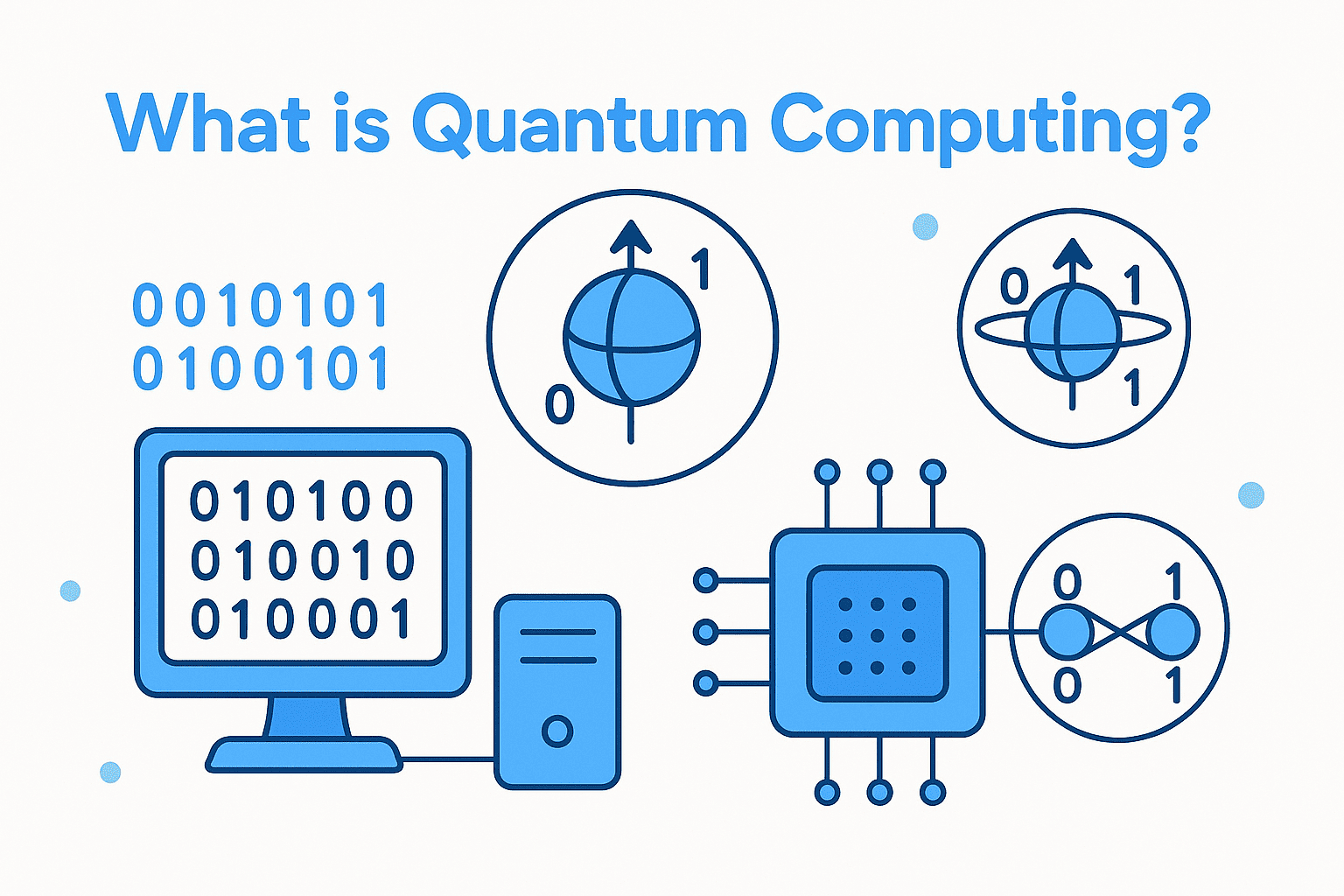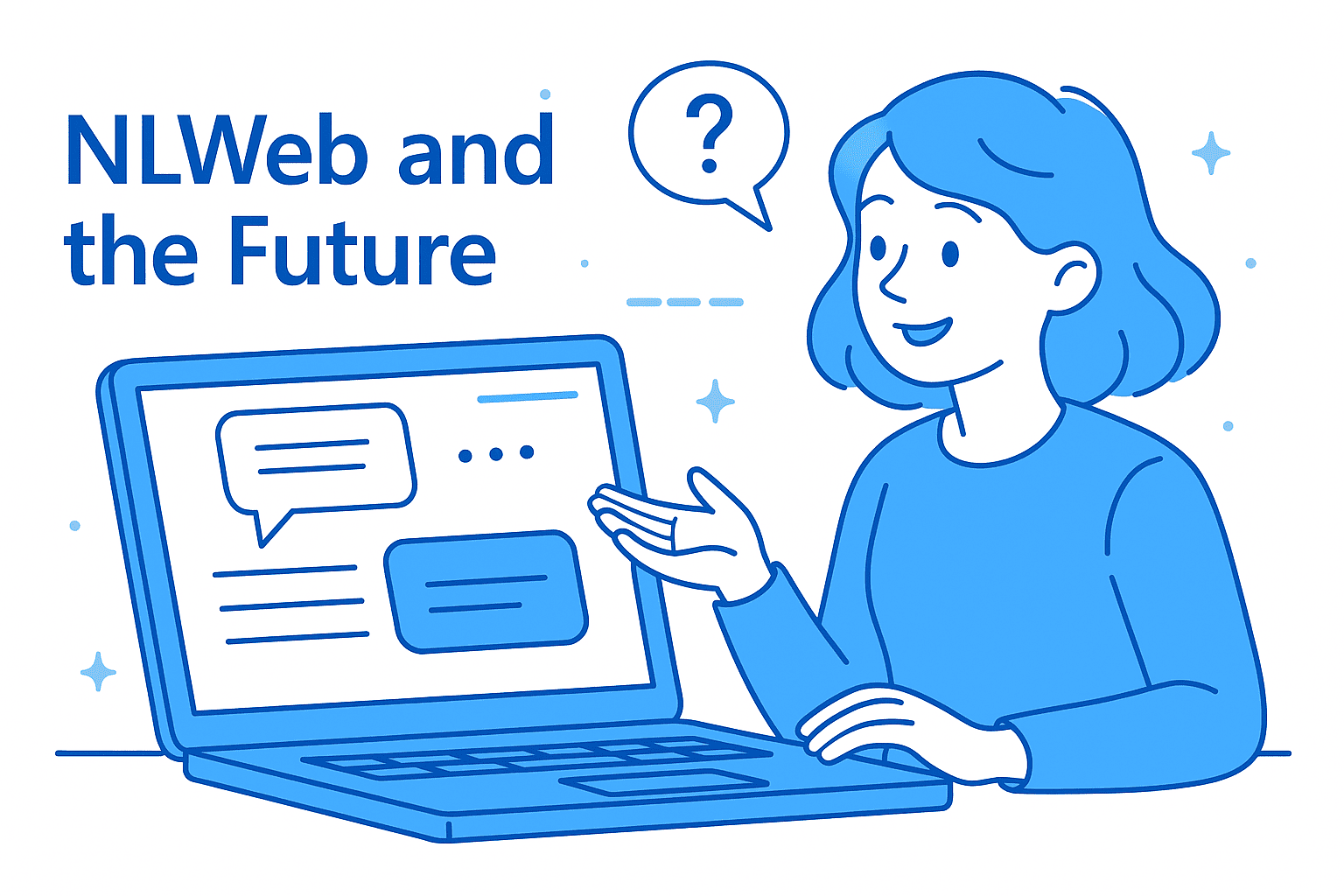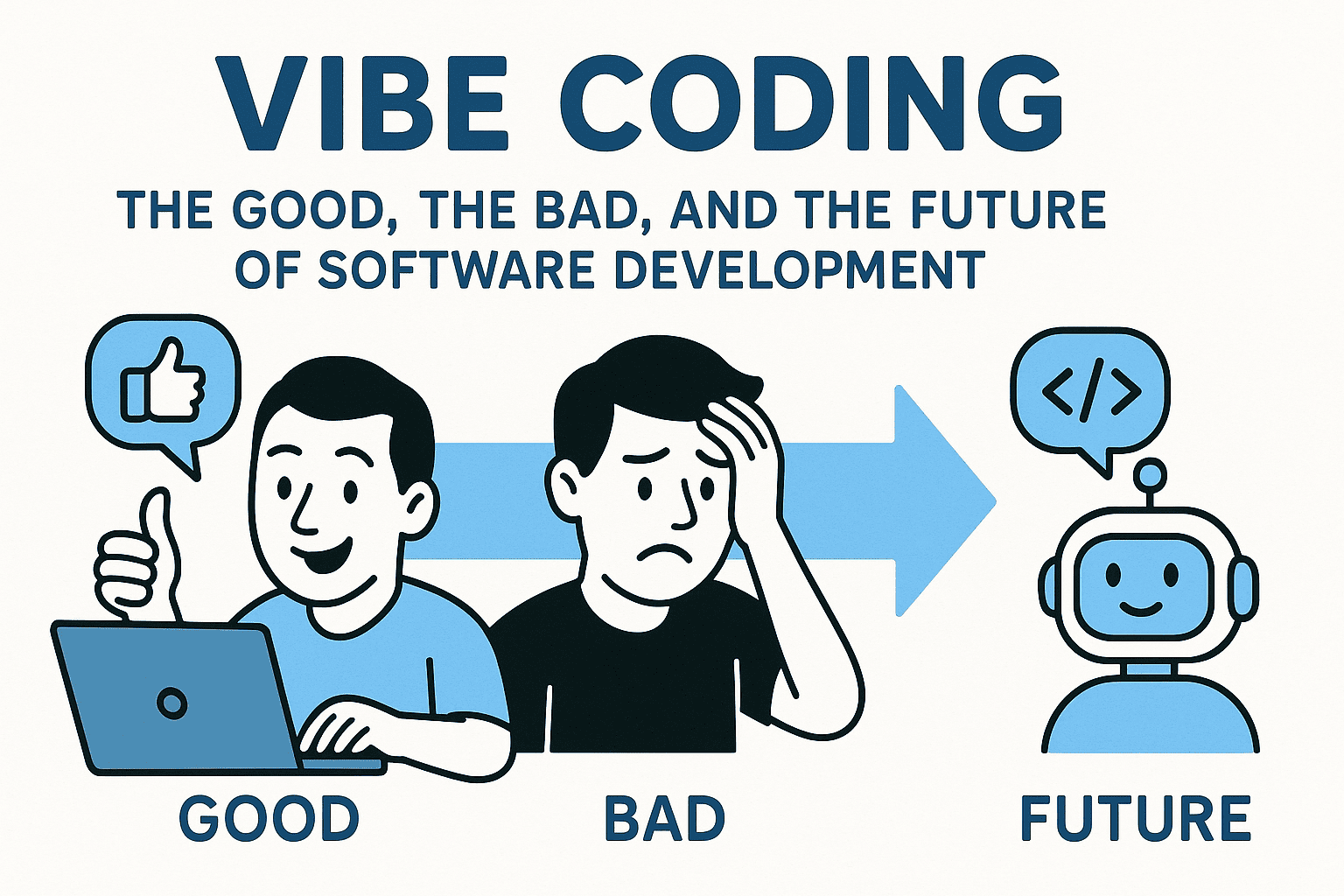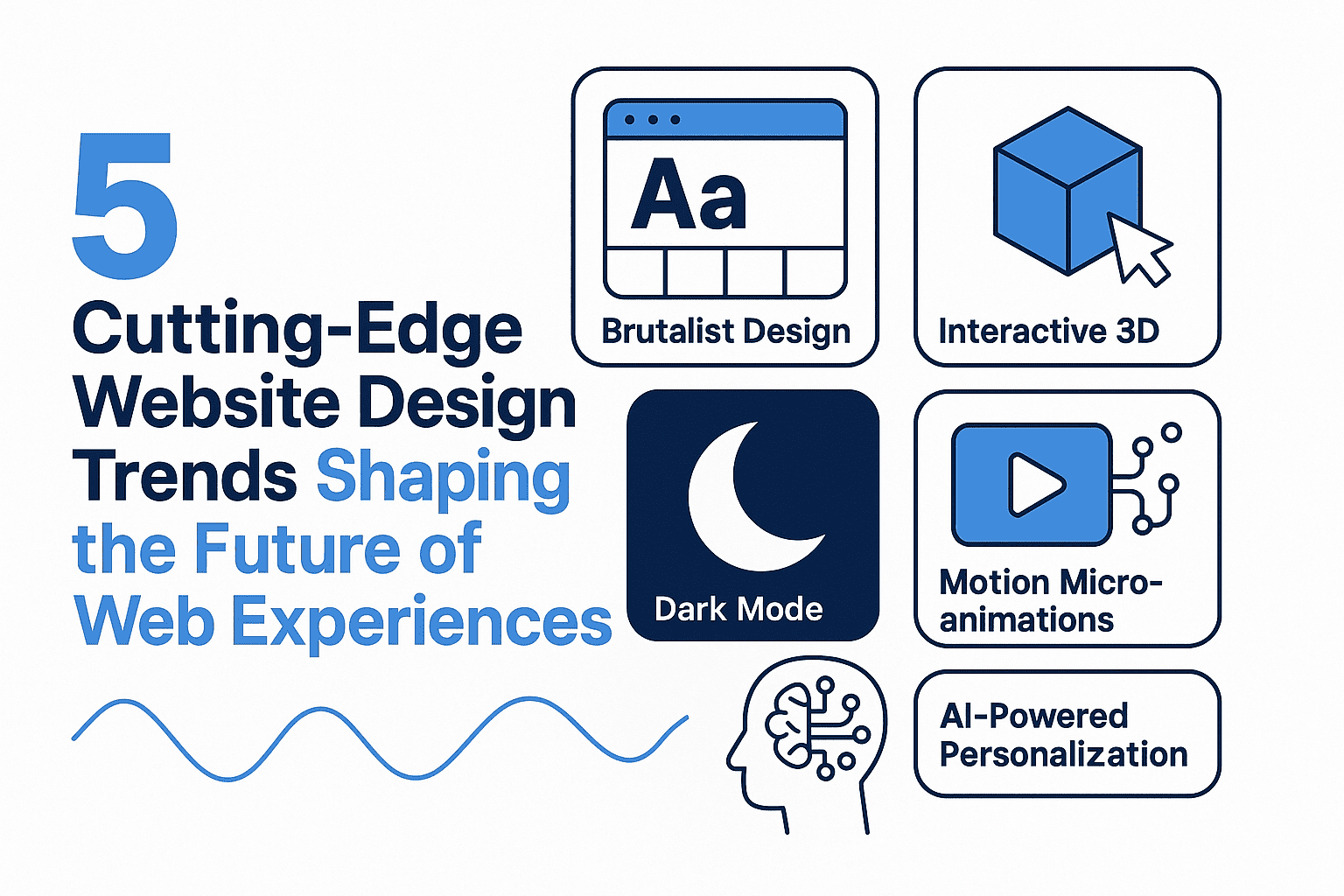Technology has always been about pushing boundaries, whether it’s the invention of electricity, the rise of the internet, or the power of artificial intelligence. Now, a new frontier is emerging: quantum computing. While the term often sounds like something straight out of science fiction, it is very real and has the potential to redefine how we solve some of the world’s hardest problems.
What is Quantum Computing?
At its core, quantum computing is a new type of computing that harnesses the principles of quantum mechanics, the science of how particles behave at the smallest scales.
Traditional computers use bits as the smallest unit of information. A bit can either be a 0 or a 1. By stringing together billions of these bits, classical computers can perform calculations, run software, and power everything from smartphones to supercomputers.
Quantum computers, however, use qubits. Unlike bits, a qubit can be 0, 1, or a superposition of both at the same time. This ability to exist in multiple states simultaneously, combined with another quantum property called entanglement, means that quantum computers can process a massive number of possibilities all at once.
Quantum vs. Classical Computing
To understand the difference, let’s compare them with a metaphor:
- Classical Computer (bits): Imagine reading a massive book line by line, word by word. It’s efficient, but you can only read in a strict sequence.
- Quantum Computer (qubits): Imagine being able to read every page, every line, and every possible combination of the book all at the same time.
This difference gives quantum computers unique advantages in certain fields:
- Speed in Complex Problems – While a classical computer may take thousands of years to crack certain codes, a quantum computer could do it in hours or even minutes.
- Optimization – Logistics, supply chains, and financial systems involve countless possible outcomes. Quantum computing can evaluate these far more efficiently than classical systems.
- Material Science & Medicine – Simulating molecules for drug discovery or designing new materials could be accelerated dramatically by quantum algorithms.
That said, quantum computers are not meant to replace classical computers. Instead, they will likely complement them, solving problems that are impractical for traditional machines.
Is Quantum Computing the Future?
The short answer: Yes, but not immediately.
Quantum computing is still in its early stages. Current quantum machines are fragile, prone to errors, and require extremely controlled environments, often near absolute zero temperatures. Researchers are actively working on making them more stable, scalable, and practical.
Despite these challenges, tech giants like Google, IBM, and Microsoft, along with startups around the world, are investing billions in quantum research. Governments are also heavily backing it, recognizing its strategic importance in defense, cybersecurity, and innovation.
Over the next decade, we are likely to see hybrid computing models, where quantum processors work alongside classical systems to tackle highly specialized problems.
What Could Quantum Computing Change?
Here are a few industries that could be transformed:
- Healthcare: Faster drug discovery, personalized treatments, and genetic analysis.
- Finance: More accurate risk modeling, fraud detection, and portfolio optimization.
- Artificial Intelligence: Training machine learning models far faster by handling massive data sets.
- Cryptography: While quantum computing could break many current encryption systems, it will also create new, stronger methods known as post-quantum cryptography.
- Climate Science: Simulating atmospheric conditions to better predict climate change and design sustainable technologies.
Conclusion
Quantum computing is not just the next step in technology, it’s a leap into a new paradigm. While today’s quantum machines are limited, the breakthroughs of tomorrow could be revolutionary.
We’re standing at the dawn of a computing era where the impossible may soon become possible. And just as classical computers reshaped the 20th century, quantum computers may reshape the 21st.
🤝 Need a Custom RSVP System or Dashboard?
I help businesses build tools that actually work , even on tight deadlines.
Whether you're planning an event, need internal tools, or want a custom dashboard for your team , I can help.
Reach out
📧 Email: safi.abdulkader@gmail.com | 💻 LinkedIn: @abdulkader-safi | 📱 Instagram: @abdulkader.safi | 🏢 DSRPT
Drop me a line, I’m always happy to collaborate! 🚀



